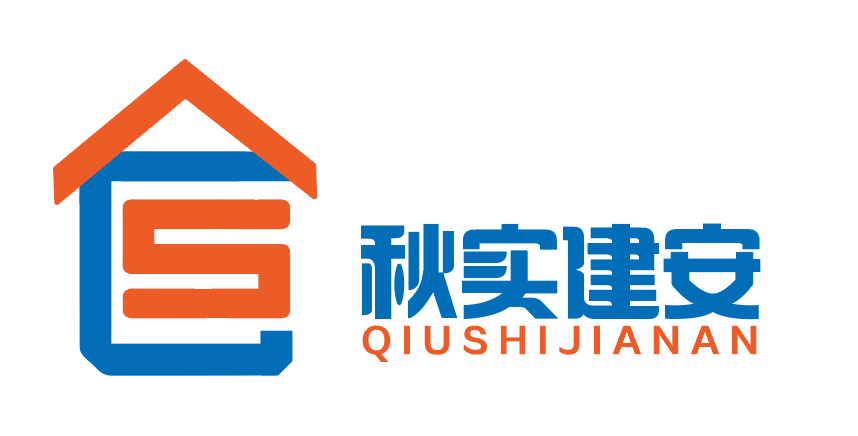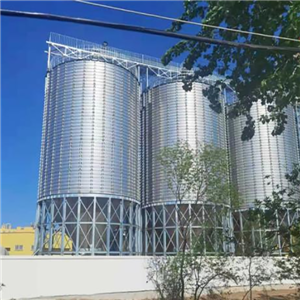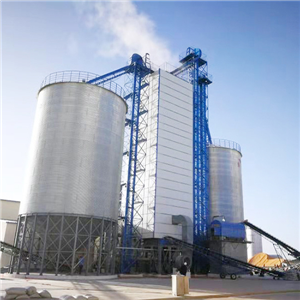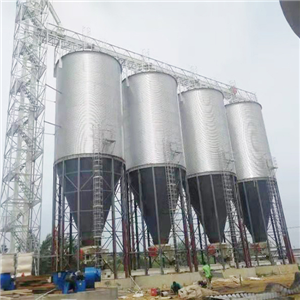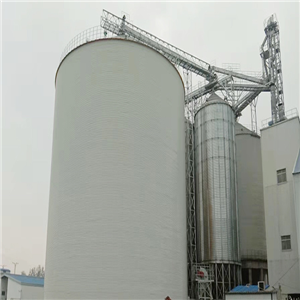more products
News
Products
Featured Products
Contact Details
Strictly Control Soybean Meal Quality Before Warehouse Entry: Scientific Prevention and Control to Strengthen Mildew Defense
15-08-2025
As a key feed raw material, the quality and safety of soybean meal are directly linked to the stability of the livestock breeding industry chain. In recent years, mildew in soybean meal caused by quality control loopholes before warehouse entry has not only led to significant economic losses but also posed potential risks to feed safety. Liaoning Qiushi Silo Equipment Engineering Co., Ltd., combining industry practice, conducts an in-depth analysis of the causes of soybean meal mildew and proposes scientific prevention and control solutions, providing technical support for the safe storage of soybean meal.
1. Inherent Deficiencies in Raw Material Quality
Farmers harvesting soybeans during rainy weather results in excessive moisture (over 13%). Mechanical harvesting and transportation cause damage to soybean kernels, while excessive impurities (such as sediment and plant residues) in raw soybeans before warehouse entry create a nutrient-rich environment for the growth of Aspergillus flavus and other molds. According to annual data from feed enterprises, when the impurity level in raw soybeans exceeds 3%, the risk of soybean meal mildew increases by 40%. Without proper control, this can easily lead to aflatoxin exceeding safe limits.
2. Obvious Gaps in Processing
Industry monitoring reports show that most processing enterprises have inadequate drying processes, with residual moisture in some finished soybean meal products reaching 13.5%. More seriously, the failure rate in random equipment cleanliness checks is as high as 18%, and pathogenic bacteria such as Aspergillus flavus are frequently detected in presses and transport pipelines. Notably, finely ground soybean meal with particle sizes < 2mm tends to agglomerate, and its local water activity (Aw) can reach 0.85—40% higher than that of normal products—resulting in a higher risk of mildew.
3. Abnormalities in Storage and Transportation Management
Improper handling before warehouse entry leads to shocking losses from mildew. During raw material acceptance, any batch with a temperature 5°C above room temperature is classified as abnormal and must be cooled to room temperature before unloading. If the temperature exceeds 40°C, the batch can be rejected, as high-temperature raw materials carry mildew risks and will lose weight after cooling. Recent storage data indicates that when the ambient temperature exceeds 25°C and relative humidity exceeds 70%, the mildew rate of soybean meal increases exponentially. Field studies show:
In storage areas with stack heights over 4 meters, the mildew rate at the bottom exceeds 30%.
Moisture-related issues due to poor packaging sealing during transportation account for 22% of problems.
Temperature monitoring of vehicles during summer transportation reveals that batches exposed to temperatures > 45°C for 6 hours see a 15-percentage-point increase in mildew within 72 hours of warehouse entry.
Suppliers’ poor management of raw materials during storage—such as delayed ventilation and heat removal—leads to excessive grain temperatures or even condensation from moist heat. This results in overheated finished soybean meal or other processed raw materials, causing direct economic losses from mildew exceeding 100 million yuan annually. The industry must address this by strengthening raw material control, upgrading technologies, and adopting intelligent storage to establish a full-process prevention and control system.
Conclusion
Soybean meal mildew is the result of multiple factors, including raw material quality, processing technology, storage, and transportation conditions. Only through strict adherence to standardized management and enhanced full-process risk control can we effectively block mold growth and avoid related economic losses. As a grain storage equipment supplier, Liaoning Qiushi has provided specialized solutions to numerous feed enterprises, including the application of intelligent monitoring technologies. We have promoted the refinement and digitalization of storage management, continuously improved industry standards, and popularized advanced technologies to significantly enhance soybean meal storage safety, helping enterprises achieve the goal of "warehouse safety."
To learn about soybean meal storage safety solutions, visit the company’s official website at www.qssilo.com or contact the technical team at alex@qssilo.com for professional support.
Get the latest price? We'll respond as soon as possible(within 12 hours)
